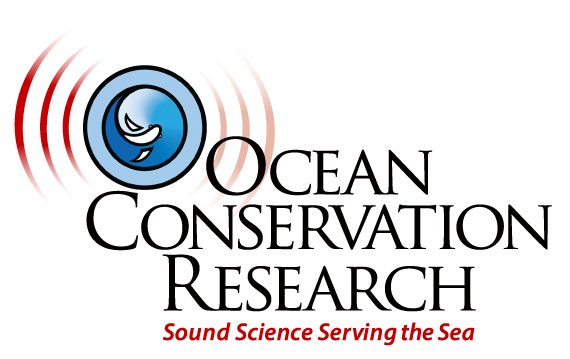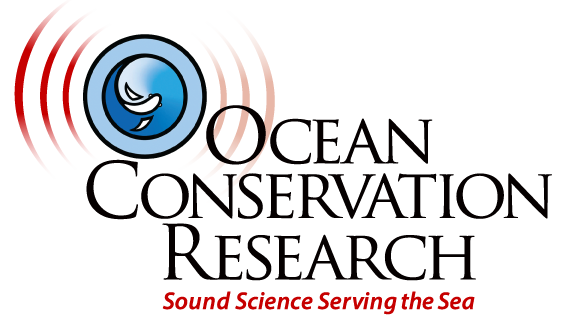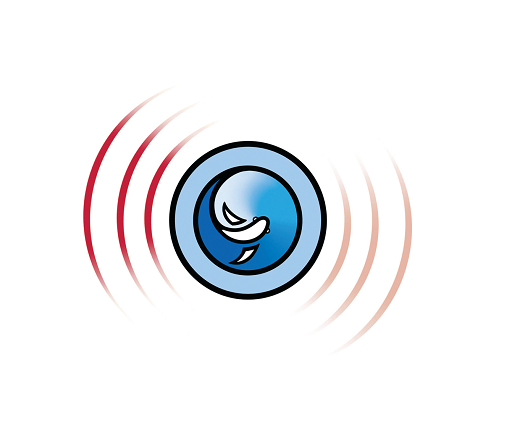All of the sounds and senses in the ocean heretofore have been natural: generated and perceived within biological constraints of tissues, muscles, and bones, and adapted to various and particular acoustical niches. This has been the case for millions of years – until a bit over 100 years ago humans began to bring machines into the sea; machines that do not have the same restraints or fine-tuning to the ocean ecosystem.
Clearing the Way
While it is likely that the ocean was really noisy before the extirpation of millions of whales and trillions of fish through industrialized fisheries, it is generally understood that the ocean is ten times louder today than it was just 50 years ago solely due to human causes. This estimate is based only on the noise from trans-oceanic shipping.
The Incursion of Human Noise
Many other noises are adding to the din: communication and navigation sonars, seismic exploration, remotely operated vessel communications, mapping sonar, underwater industrial processing, civil engineering projects, and commercial and recreational transportation are all contributing to the rise in volume.
Some anthropogenic noises may not be problematic. The ocean can naturally be very noisy in places, and it is likely that many animals living in noisy environments have adapted ways to filter or contend with noise. Other noises are problematic and leave in their wake stranded animals, abandoned habitat, and compromised acoustical relationships. The impact of human generated noises depend on the characteristics of the noise and the nature of the acoustical ecology where it intervenes.

What is ocean noise pollution?

Construction Barge at the Oakland Bay Bridge
Sound Library: Ocean Enterprise
We have included some anthropogenic sounds in our sound library, many of which we find problematic for ocean life. Human enterprise has colonized the ocean soundscapes without regard or understanding of how marine organisms have adapted to their acoustic ecologies. We have set continuous mechanized noise loose into a bioacoustic environment that has previously only been modulated across the eons as an expression of the intersecting cycles of continuous life. We have introduced loud broad-band noise into habitats that had been a finely woven fabric of acoustical niches. We have introduced digital sounds and grating noises into the sea that have no natural analogy – and thus may be outside of the perceptual adaptations of marine animals.
The ocean can naturally be a very loud place, but most marine life has had tens to hundreds of millions of years to adapt and evolve to the noise. We are now rapidly introducing noises that are entirely new to their ocean habitat.


